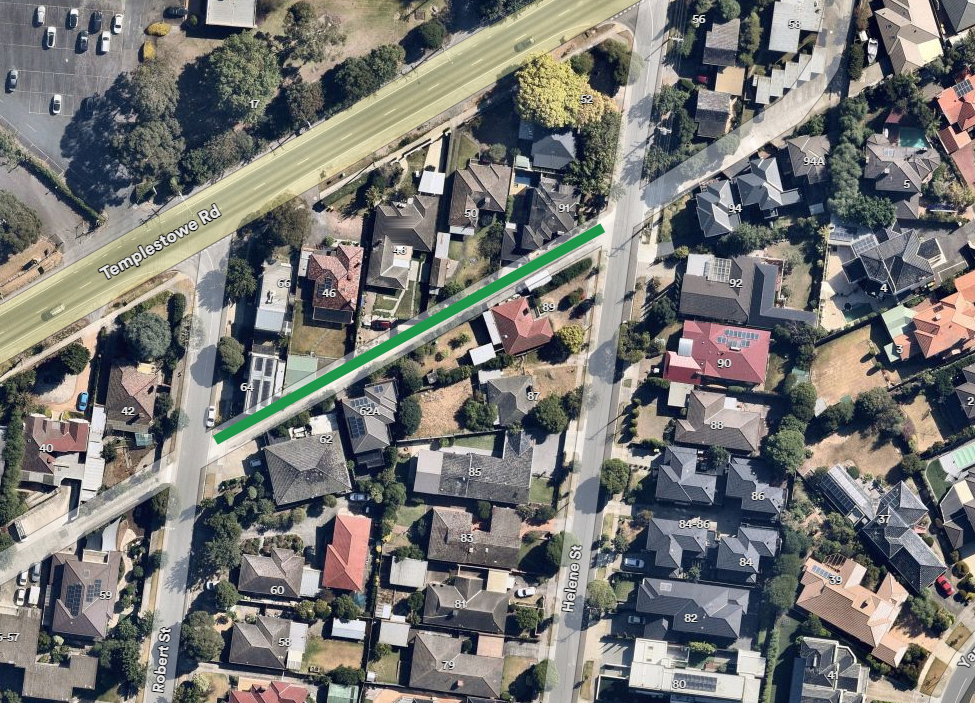By AAA Managing Director Michael Bradley
In the lead-up to Christmas, politicians often issue media releases urging Australians to drive carefully over the summer break.
These reminders are welcome. As drivers, we are all responsible for our own behaviour. It is good that politicians use their high profiles to spread this important safety message.
However, the role of leaders in road safety needs to go further than platitudes.
Politicians hold the power to create real change to make our roads safer.
That’s important because right now our nation is in the midst of a road safety crisis that requires action, not just words.
In 2020, Australia’s governments signed up to the National Road Safety Strategy (2021-30), designed to halve road deaths by 2030.
But since the start of the strategy road deaths have risen by 9.7 per cent. Driver fatalities have risen by 10.0 per cent. Passengers by 3.5 per cent. Pedestrians by 3.6 per cent. Motorcyclist deaths specifically are up 22.8 per cent.
The NRSS is a failure. If any other government program was falling so badly short of its targets or aspirations, politicians would encourage public debate in search of a better way.
But weirdly, on road safety, the opposite is happening. Our politicians stubbornly keep data secret as if motorists have no right to know what is happening on the roads they use on a daily basis.
For example, many Australian roads have been independently examined by expert road engineers and rated under a five-star rating system. The ratings are meant to help politicians prioritise road funding to where it is most needed.
But the data is secret. Australians have no way of knowing whether politicians heed the messages of the safety audits or leave them on a shelf to gather dust.
Likewise, politicians don’t release police reports about the causes of car crashes. They give us access to the tragic death count but won’t tell us what factors are responsible.
There’s no way of knowing whether, for example, an individual crash happened because of driver error or because governments failed to hold up their responsibilities on road maintenance.
States and territories also fail to produce meaningful data about police traffic enforcement. For example, there are several types of speed cameras used around the nation. If we knew which approach was most successful in changing driver behaviour, we could share the best approaches across jurisdictions.
This secrecy makes no sense.
That’s why the AAA is calling on Federal Transport Minister Catherine King to step up to policy leadership on road safety by forcing state and territory governments to release road safety data to help independent experts propose more effective road safety policies.
Minister King should tell state and territory governments that they won’t receive federal road grants (worth about $10 billion a year) unless they provide this data – a mechanism the Commonwealth already uses to obtain state data in areas like health and education.
This is a simple, commonsense measure that would make a difference in circumstances where current policies are clearly failing to reduce road deaths.
AAA polling shows a large majority of Australians support data transparency and evidence-based policy making. The polling, conducted among 5,400 Australians across the country last month, also pointed to a possible reason for excessive government secrecy.
It found 60 per cent of respondents said the key factor driving road funding decisions was not public safety, but the political interests of our legislators – that is, pork barrelling.
This public cynicism is understandable. In recent decades governments from both sides of politics have been caught out by the Auditor General abusing the public purse for political gain.
To her credit, Minister King is clearly aware of the problem.
In the 2021 federal election campaign, her key infrastructure promise was to “end the rorts” that she attributed to the previous Morrison Government.
Sadly though, for Minister King, it appears Australians have heard such promises before and are yet to be convinced. Only 20 per cent of respondents to the AAA poll said they believed the Albanese Government had ended the rorts.
Rightly or wrongly, many Australians think their politicians are more interested in winning seats than saving lives.
But it doesn’t have to be like this.
Data transparency and evidence-based policy making represent a better way.
In recent months the AAA has conducted a national campaign on this issue, backed by 17 peak national groups including motoring clubs, doctors, truckers, the caravan industry, insurers and the Pedestrian Council.
The idea of compelling states to report road safety data attracted the support of all political parties in the House of Representatives except the Government.
More than 5,000 Australians were so supportive of data transparency they wrote to their local MP asking for reform.
It seems the only people opposed to data transparency to save lives and end pork barrelling are politicians themselves.
But that won’t stop them reminding us to drive safely over Christmas.
First published in the Daily Telegraph, Tuesday 19 December.







